
Become an Incathlab member and receive full access to its content!
Registration Login
This month’ case highlights the treatment of a bifurcation lesion in a 70 years old female patient, ex-smoker, known to have essential hypertension and chronic obstructive lung disease. The patient reports exertional palpitations for which a coronary computed tomography angiography showed a left anterior descending (LAD) lesion and a Holter ECG multiple ventricular extrasystoles. She also is scheduled for elective surgery.
Coronary angiography pre-TAVR revealed: Severe proximal LAD bifurcation lesion with a relatively small diagonal in an acute angle that covers an important an important territory, Medina (1,1,1).
Educational objectives
- How to treat a bifurcation lesion
- Plan a step-by-step approach procedure for bifurcation lesions with a bail-out strategy
- Role of drug coated balloons in bifurcation lesions
- Lesion preparation using a scoring balloon
- Avoiding intimal disruption and side branch occlusion
Step-by-step procedure:
1) Access site:
- Right radial approach: 6 French EBU 3.5 6 French to the left main.
- Anticoagulation using heparin.
2) Lesion preparation:
- Two 0.014” workhorse guidewires were introduced into the LAD and the diagonal respectively.
- Using the two markers of a non-compliant balloon, calcifications could be seen using enhanced stent imaging.
- The balloon is inflated at moderate pressure (13 atm) for a longer time in order to undergo a controlled angioplasty and preserve intimal integrity by avoiding dissections.
3) Calcium modification device (scoring balloon):
- Angiographic assessment of the lesion showed the need for a further dilation using a Calcium modification device.
- A 2.5 x 13 mm scoring balloon (NSE Alpha) was inflated at 8 atm in order to disrupt the lesion calcium.
4) Treatment decision for the LAD lesion : DCB or DES ?
With the risk of losing the diagonal branch by stenting the LAD, a bail out DK-Crush or V-Stenting techniques could be used. A Drug Coated Balloon would therefore overcome this caging affect as well as the need for longer dual antiplatelet therapy.
A 2.5 x 15 mm Sirolimus drug coated balloon SeQuent SCB was inflated to 10 atm during 45 seconds. Further lesion work or intracoronary imaging should be avoided in order not to disrupt the implanted coating unless a dissection is present.
Final angiographic end-result showed a satisfactory LAD result with the diagonal branch preserved.

Phone call follow-up after 3 months : the patient is fine
Bibliography
Last update : 2024-03-05
Our Cases of the Month
The case of the month is a new way for our users to watch, learn, and share with incathlab. They can watch a video that highlights an innovative case and uses excellent pedagogical techniques, lear...
Join the Discussion
Suggestions
San Francisco : Friday, June 29th 2018 from 01:40am to 03am (GMT+2)
New York : Friday, June 29th 2018 from 04:40am to 06am (GMT+2)
Buenos Aires : Friday, June 29th 2018 from 05:40am to 07am (GMT+2)
Reykjavik : Friday, June 29th 2018 from 08:40am to 10am (GMT+2)
London / Dublin : Friday, June 29th 2018 from 09:40am to 11am (GMT+2)
Paris / Berlin : Friday, June 29th 2018 from 10:40am to 12pm (GMT+2)
Istanbul : Friday, June 29th 2018 from 11:40am to 01pm (GMT+2)
Moscou / Dubaï : Friday, June 29th 2018 from 12:40pm to 02pm (GMT+2)
Bangkok : Friday, June 29th 2018 from 03:40pm to 05pm (GMT+2)
Shanghai : Friday, June 29th 2018 from 04:40pm to 06pm (GMT+2)
Tokyo : Friday, June 29th 2018 from 05:40pm to 07pm (GMT+2)
Sydney : Friday, June 29th 2018 from 07:40pm to 09pm (GMT+2)
Wellington : Friday, June 29th 2018 from 09:40pm to 11pm (GMT+2)

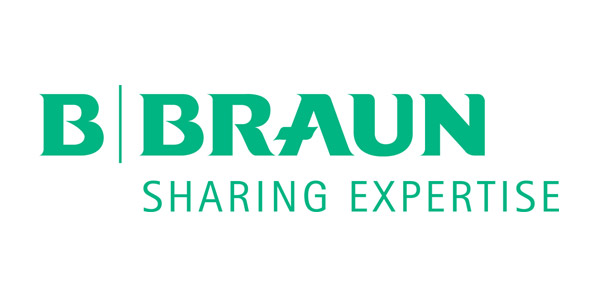
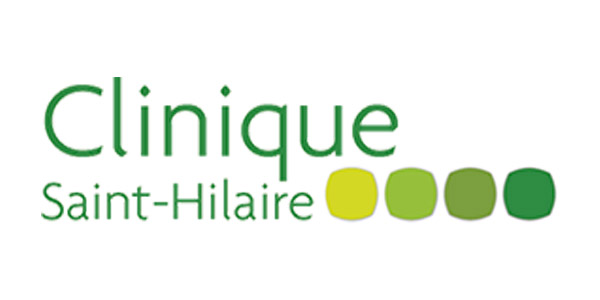

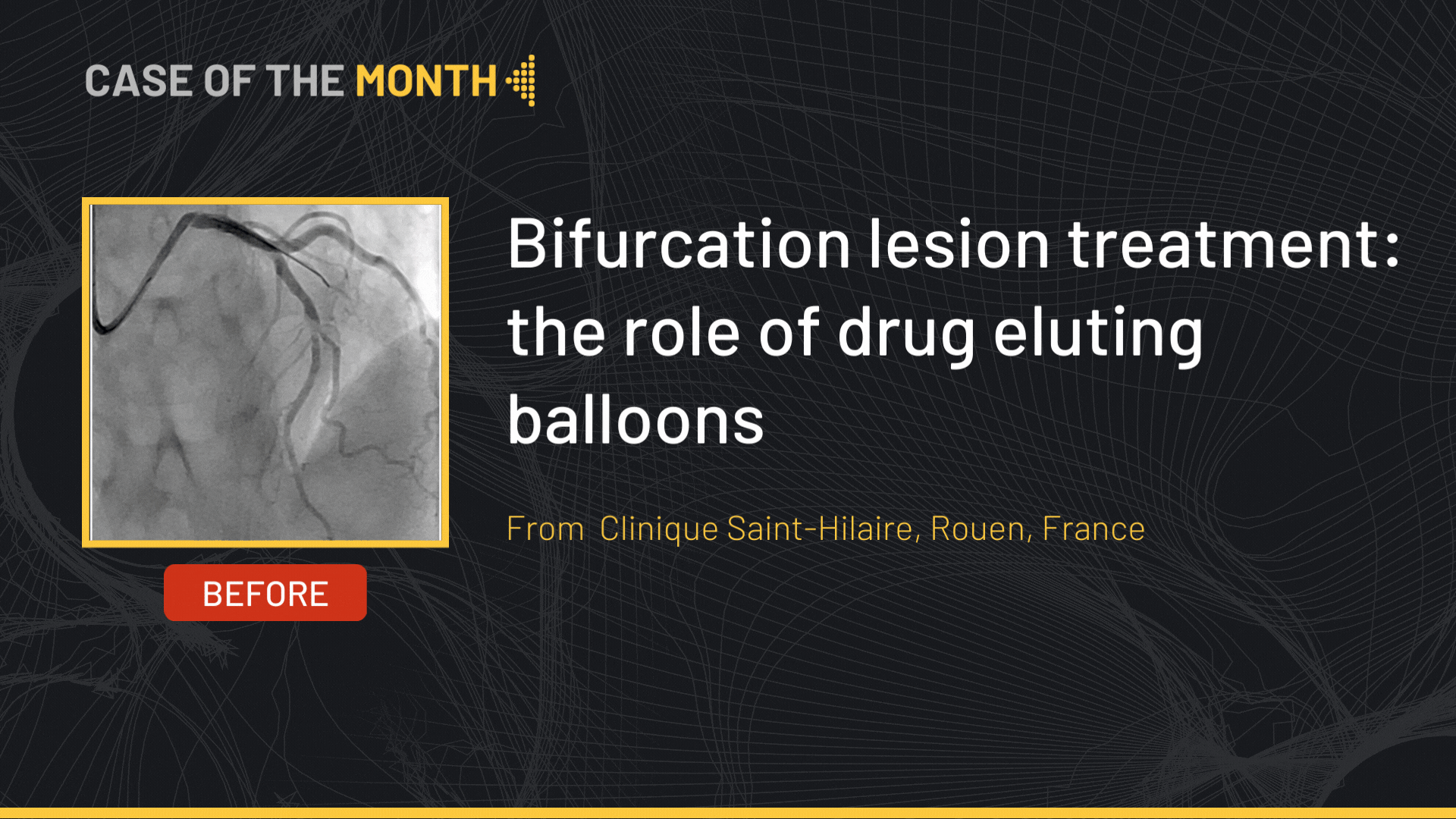
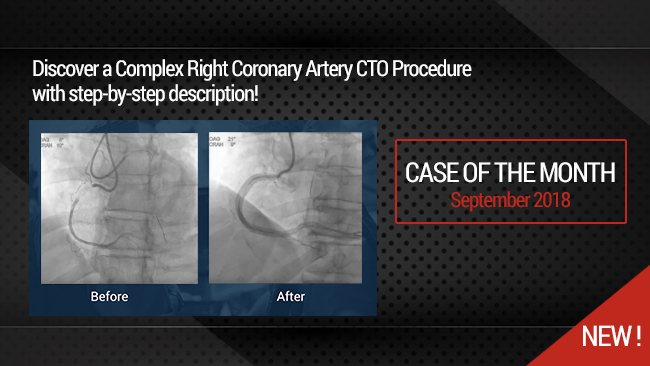


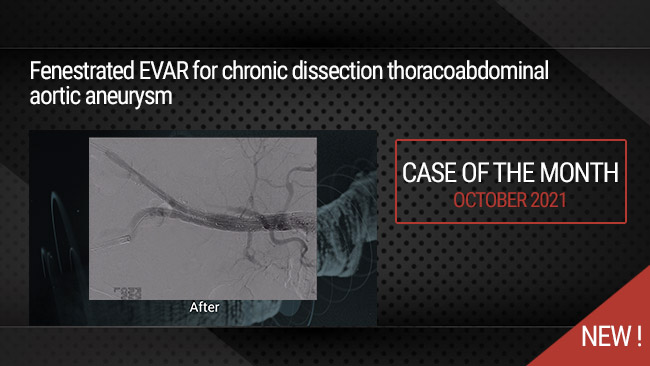
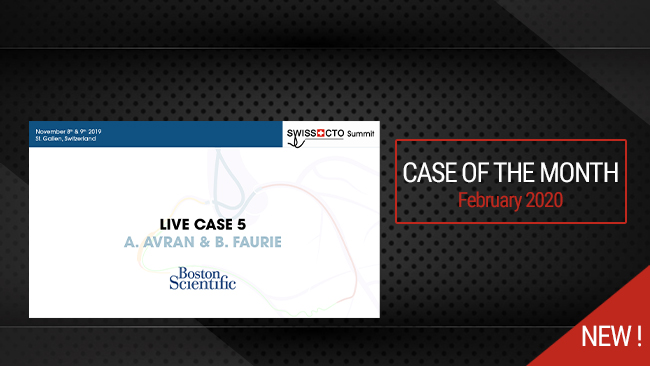
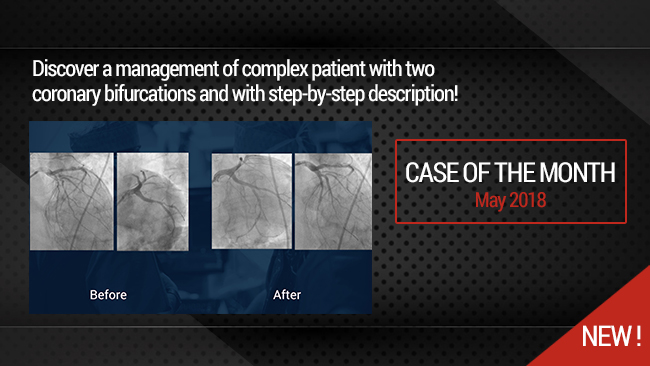
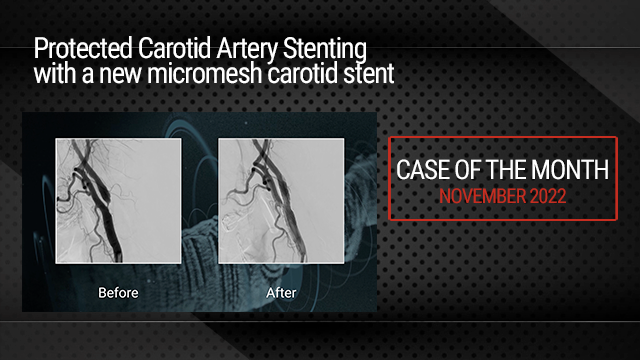
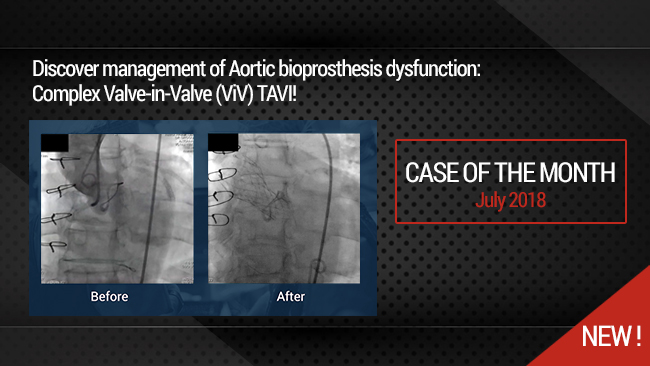
Joshua W. Very interesting case.